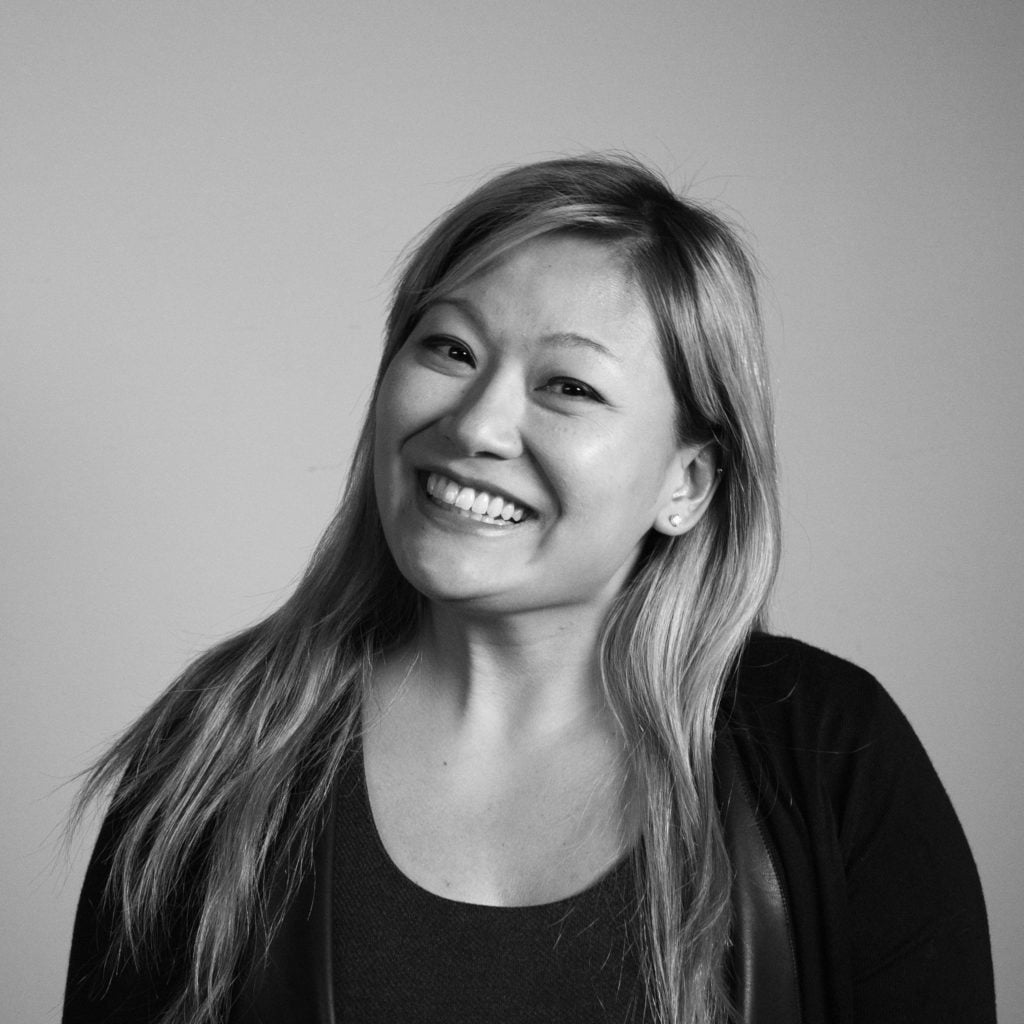Naira is the Research Category Director at Mintel, providing insights from the Food and Drink category in Latin America.
Half of Brazilians are extremely worried about the risk of being exposed to COVID-19 and how the outbreak might affect their lifestyle. As a consequence, shopping habits have changed as consumers stock up on groceries and use new retail channels. As Brazilians face the ongoing threat of the virus and the isolation it brings, new habits can be formed to improve hygiene, safety and mental health.
Stocking up on groceries and other supplies
One in five Brazilians have stocked up on groceries and other supplies as a result of the COVID-19 outbreak, compared to a quarter of US consumers having stocked up on groceries and other supplies, while less that one in five have done the same in Canada. Many supermarkets and pharmacies in Brazil have warned consumers not to stock up and to give priority to at-risk groups, such as the elderly.
In addition to panic buying, consumers have stocked up on groceries and other supplies to reduce visits to the supermarket and exposure to the COVID-19 virus. This shopping behavior may continue even after the period of social distancing ends, influencing consumers when choosing a retail channel.
Wholesalers may benefit as they offer products in bulk quantities that are usually cheaper than regular sizes. According to Mintel research on food and beverage retailing in Brazil, two in five Brazilians have bought food and drinks in-store at wholesalers such as Assaí and Atacadão, but the majority have done it in-store at supermarkets and bakeries.
Online shopping on the rise
Nearly one in five Brazilians have increased the amount of shopping they do online as a result of the COVID-19 outbreak. While online shopping frequency is generally low in Brazil as more than one in 10 have shopped online two to three times per month, the category should grow in the long term. The barrier may be higher for food and drink, as half of consumers have bought these products in physical stores only, according to Mintel research on online shopping in Brazil. When it comes to beauty and personal care products, only three in 10 consumers have done the same, while half bought online.
Consumers aged 55+ are the least likely to have increased the amount of shopping they do online. This is concerning because the elderly are an at-risk group, and online shopping helps to minimize the exposure to COVID-19. A quarter of Brazilian consumers aged 55+ haven’t shopped online in 12 months according to Mintel research on online shopping in Brazil. Using social media may be a way of encouraging this demographic group to shop online. Among those aged 55+, an overwhelming majority have used WhatsApp and Facebook, according to Mintel research on social media in Brazil.
Lessons from China
Since the COVID-19 outbreak, retailers in China have used WeChat, similar to WhatsApp, as a sales channel, letting customers message them directly to place orders. By using pictures and videos of available products, retailers have encouraged seniors who are their regular clients to purchase products via the social app. Products are delivered every morning and stored on shelves outside each community for self-collection.
Hygiene standards have also risen due to the COVID-19 outbreak. One measure is the adoption of face masks. According to the US Center for Disease Control and Prevention, face masks are also recommended for people who are in moderate-risk groups, such as those who have frequent contact with other people, such as supermarket staff. According to the World Health Organization, face masks are also recommended for people who are sick or take care of people who are infected with the COVID-19 virus.
Incorporating new habits
Brazilians are likely to incorporate new personal hygiene habits in the wake of COVID-19, such as wearing face masks, which can also protect against other diseases, preserving the health of others. In Japan, the use of face masks is common, as the population also uses them to avoid allergies, such as spring pollen. In South Korea, face masks are also used as a protection against air pollution. Two-thirds of Japanese and four in five South Koreans have worn a face mask in public as a result of the COVID-19 outbreak, compared to only one in 10 Brazilians.
Isolation and mental health
In addition to not being able to avoid contact with other people because of work, it is possible that some Brazilians aged 18-34, find it more difficult to self-isolate and end up going out. Social distancing can increase anxiety and the propensity to psychological problems, such as depression. According to Mintel research on marketing to young adults, two-thirds of Brazilians aged 16-20 agree their generation is more prone to emotional problems such as depression and anxiety.
In Brazil, Amaro, a digital native women’s fashion brand, has launched a campaign named #SeparadasMasJuntas (“Isolated, but together”) as a result of the COVID-19 outbreak, inviting customers to buy clothes for staying at home and sharing the new look with friends. This type of action promotes social connection, helping consumers to improve their mental health.
